Fortunately medical emergencies in Primary Care are not a day to day occurrence but when they do happen they are stressful and time critical. The abilities of the team and the team leader have a real impact on the outcomes for the patient. The role of team leader may sometimes need to be shared amongst a few members of staff but is essential that on any given day there is someone ready to take the lead.
What makes an effective team leader?
A team leader needs to manage the emergency
They need to state that they are assuming the role of team leader and if at all possible step back from the emergency so that they can monitor the situation clearly.
A team leader needs to be aware of the emergency plan
An emergency plan created specifically for that practice will identify equipment, staff roles and responsibilities and regular emergency scenarios will grow the team’s confidence and identify any changes needed.
A team leader needs to know their team
They need to know the names of their team members and their capabilities. Roles and responsibilities should be identified in advance so that everyone knows their task. The team leader needs to encourage and support those in the team who may be hesitant or nervous whilst giving appropriate autonomy for members of the team who skills are sufficient.
A team leader needs to communicate clearly
They need to give clear, calm instructions with authority and assertiveness when needed whilst being willing to listen to the team and consult other members if they are unsure.
A team leader needs to be knowledgeable
They need to be aware of current resuscitation guidelines and local emergency plans and have enough credibility for the rest of the team to follow their instructions.
A team leader needs to fully utilise all resources
They need to be aware of what equipment is available, where it is and how it is accessed. They also need to be aware of any equipment that is located nearby e.g. an AED.
A team leader needs to ensure that all members are up to date with their training
The Resuscitation Council (UK) state that resuscitation skills need to be refreshed regularly, particularly by those who have a duty to respond in an emergency. They recommend that skills should be refreshed at least once a year, but preferably more often, through the use of scenarios.
Written by Alan Williams, Monday 9th July 2018













